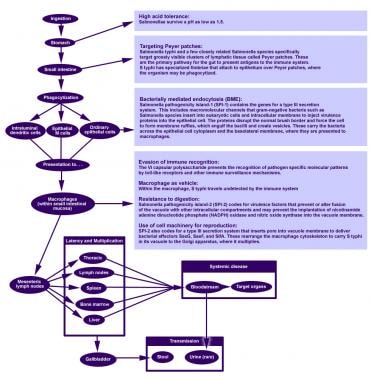Decision authority psychological demands work schedule gender and age were linked to psychological distress. A third of people suffering from psychological depression are alcohol dependents.
 Signs Of Alcoholism Symptoms Of Early Chronic End Stages
Signs Of Alcoholism Symptoms Of Early Chronic End Stages
Long-Term Psychological Effects of Alcohol The brain depends on a delicate chemical equilibrium to perform its functions.

A common psychological effect of alcohol intake is. The problem with that is alcohol itself can cause stress on the bodys physiological balance. Psychological Impact One of the most significant psychological impact is an increase in suicidal tendencies. Hepatic encephalopathy is a worsening of brain function that occurs when the liver is no longer able to remove toxic substances in the blood.
Alcohol misuse accelerates shrinkage of the brain which in turn leads to cognitive decline in which there is a continuum of brain damage. Alcohol abuse is defined as the excessive consumption of alcohol without dependence on the drug. Depression is an expected mental effect of alcohol.
3 Low alcohol doses have been found to improve certain types of cognitive performance. Alcoholic dementia is a recognised complication of chronic alcohol misuse. How does the use of alcohol affect the heart.
Dependency otherwise known as alcoholism. Alcohol intake showed a U-shaped relationship with psychological distress and it was a moderator of skills utilization and exposure to physical risks. How can a persons mood impact the effects of alcohol.
Researchers have found that alcohol takes a psychological and physiological toll on the body and may actually compound the effects of stress. Specifically the relationship between alcohol addiction and mental health appears to impact an individuals ability to retain new memories but does not seem to impair memory recall or working memory within a short period of time. Talk to your patients about both the negative physical and psychological effects of alcohol misuse.
When someone is addicted to alcohol he or she is physically andor mentally dependent on alcohol and cannot control his or her drinking. Excess alcohol intake negatively impacts learning and memory function. Alcohol has a negative impact on the brain explained through a form of liver damage referred to as hepatic encephalopathy.
Serious psychological long-term effects of alcohol use include. Impaired learning and memory capacity. Long-term psychological effects.
Higher chance of developing depression or an anxiety disorder Higher risk of committing suicide Increased alcohol tolerancethis results in heavier drinking to achieve the same effect. The etiology of this effect is unknown. Increased depression and anxiety.
With depression and alcohol abuse depression seems to come first. A persons mood can intensify or alter the affects of alcohol. Psychological Effects of Alcohol - Hepatic Encephalopathy Many psychological effects of alcohol on the brain can also be seen in a form of a type of liver damage known as hepatic encephalopathy.
Research indicates that kids suffering from depression develop a. Both alcohol abuse and alcohol addiction can have negative psychological effects. Excessive alcohol intake changes the chemical makeup of the brain in ways that can contribute to addiction.
Alcohol intake can also lead to vitamin deficiency which can severely damage the brain eg Korsakoffs Syndrome resulting in memory loss emotional disturbance gait problems and ataxia. Alcohol is a CNS depressant which disrupts this balance and affects our emotions feelings behaviors and long-term mental well-being. Drinking alcohol affects the physical and mental health of.
Tension depression and self-consciousness have been reported to decrease with equal doses. 2 Low and moderate doses of alcohol have been reported to increase overall affective expression happiness euphoria conviviality and pleasant and carefree feelings. Tolerance development and increased substance use.
Kindling of withdrawal symptoms is implicated in the brain damage of alcoholic dementia. 61 of the logit variance of psychological distress was between occupations.
